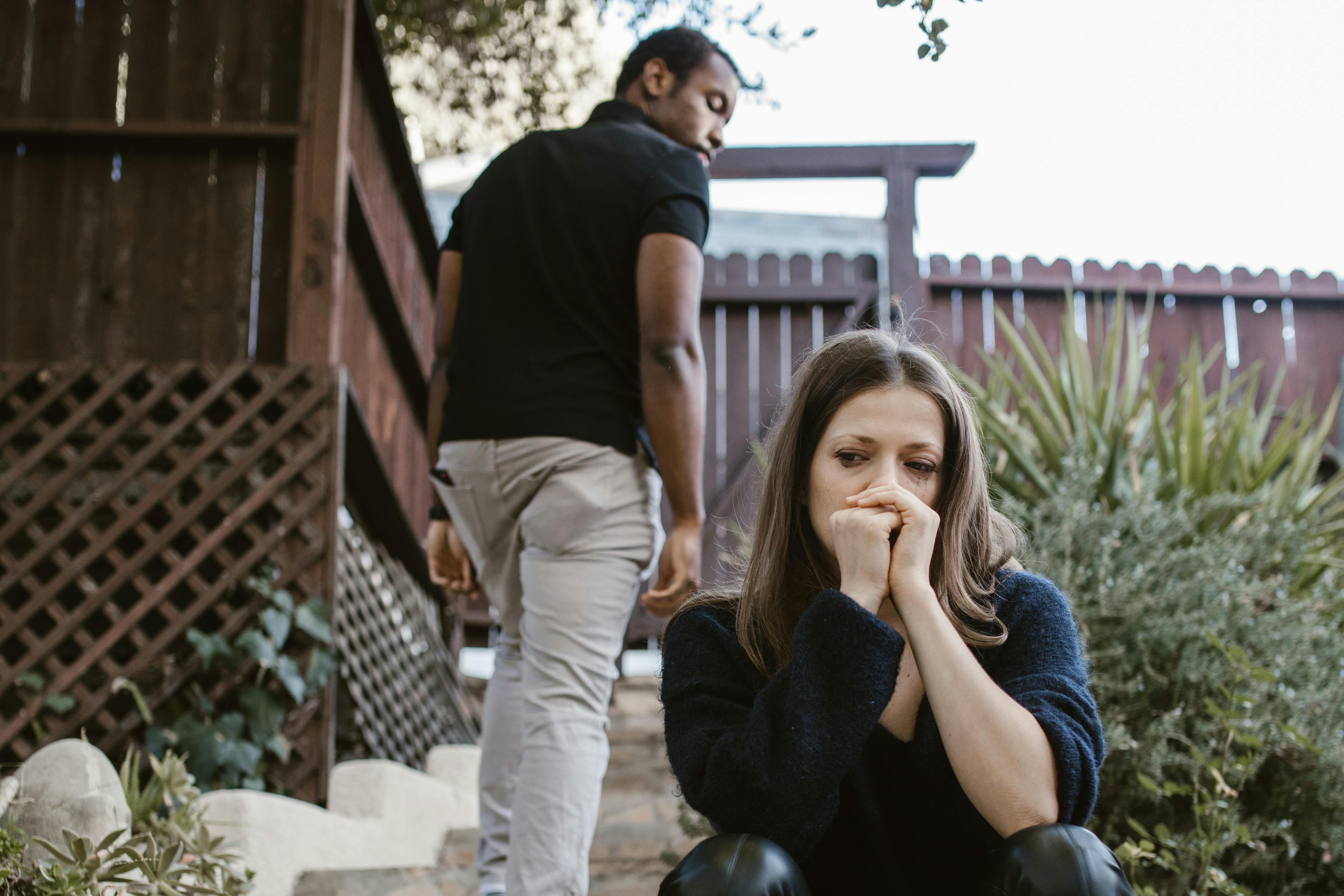Legal considerations when planning events
You’ve booked a speaker, booked a room, recruited a team of volunteers, and put together a marketing plan. If that wasn’t enough, you also need to make sure your event doesn’t run into legal trouble. The exact event legal requirements vary from venue to venue and the rules that apply depend on the type of event. The list below outlines the main issues to think about, but you should also seek advice from the administrator of the organization(s) involved in your event. If you are unsure about any of these items, you can discuss them with your venue as they should have experience with them.
license premises
If you are going to invite the public to see a play, see a movie, listen to live or recorded music, or something similar, you must do it in a duly authorized venue. The license will determine exactly what activities are allowed and at what times. Don’t assume you can have a concert past 11pm without checking that the license allows it. If the facility is not properly licensed, you may be able to obtain what is called a Temporary Event Notice, which is actually a short-term license. For more information, contact your local council.
serving alcohol
The sale or supply of alcohol is also regulated by the establishment license. Not only do you need to have the correct license agreement, you also need to make sure that someone present is a Personal License Holder. Penalties for breaking alcohol supply rules can be very severe, so be very careful in this area.
health and safety requirements
Understanding who is responsible for health and safety matters and performing the correct risk assessments is essential.
The venue will be responsible for health and safety related to the facility, such as tripping hazards from worn flooring or emergency evacuation. But event organizers take responsibility for event equipment, such as tripping hazards from speaker power cords or other equipment brought into the venue.
You will need to conduct risk assessments and document them. Think about what kinds of things could go wrong and the possible results.
public liability insurance
You need to have civil liability insurance for your event. What happens if an elderly visitor to your event slips in the parking lot and breaks their leg? Or if a team falls on someone and insults them? These things happen, which is why you need to have the right insurance. Contact your location to see what is covered by your insurance and what is not.
noise levels
You’ll usually only have issues with volume if your event features a particularly loud band or is taking place late at night. Some facilities are subject to noise abatement orders, which means they are legally required to measure noise and keep it below a certain level. Other locals need to give due care and attention to their neighbors.
Access disabled.
All newer venues are required to provide full access and facilities for disabled people, but older venues are not. Event organizers do not have to guarantee access for people with disabilities, but it is good practice to do so whenever possible. When this is not possible, the announcement must indicate it.
food hygiene
If you are serving food to the public, it must have been prepared and stored in accordance with food hygiene standards. Someone with a food hygiene certificate must take responsibility for managing the catering. Premises that are regularly used for food preparation are inspected by the town hall from time to time.
Parking lot
If you’re planning a major event and hope to have enough parking space, it’s wise to talk to the police about what other arrangements might be possible. If you need to keep curbs clear on certain roads, you can rent police traffic cones for this purpose.
Child protection
Your organization must have a Child Protection Policy and your event must comply with this. If not, or if it is a privately organized function, you should be aware of child protection issues. At a minimum, any volunteer working with children must have had a Criminal Records Bureau (CRB) check.
